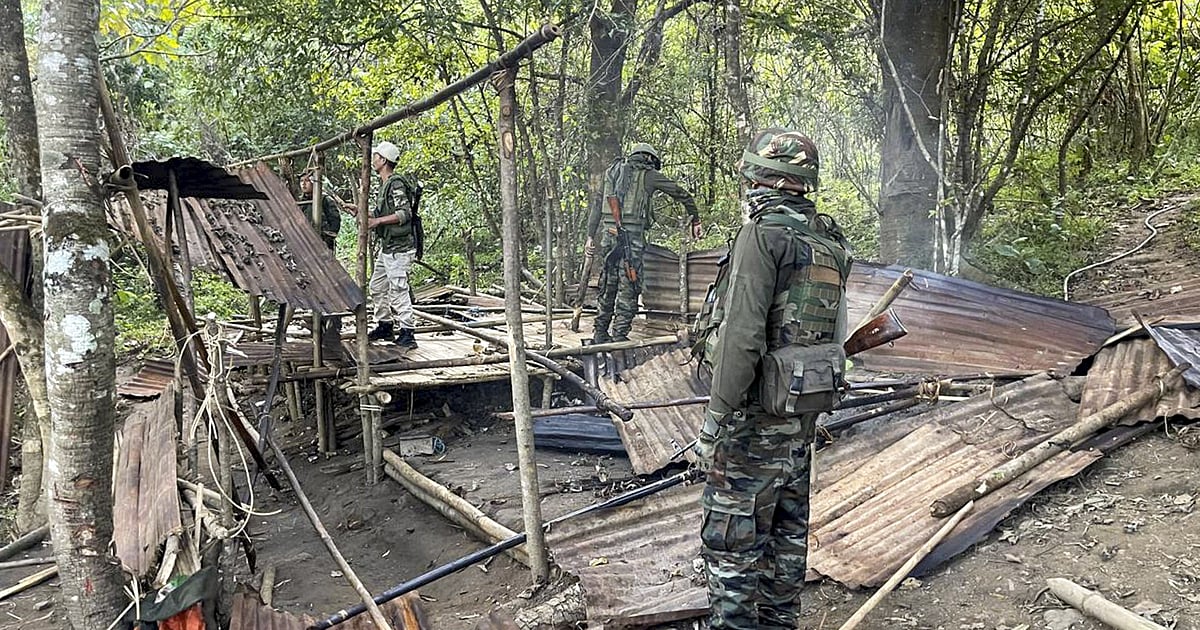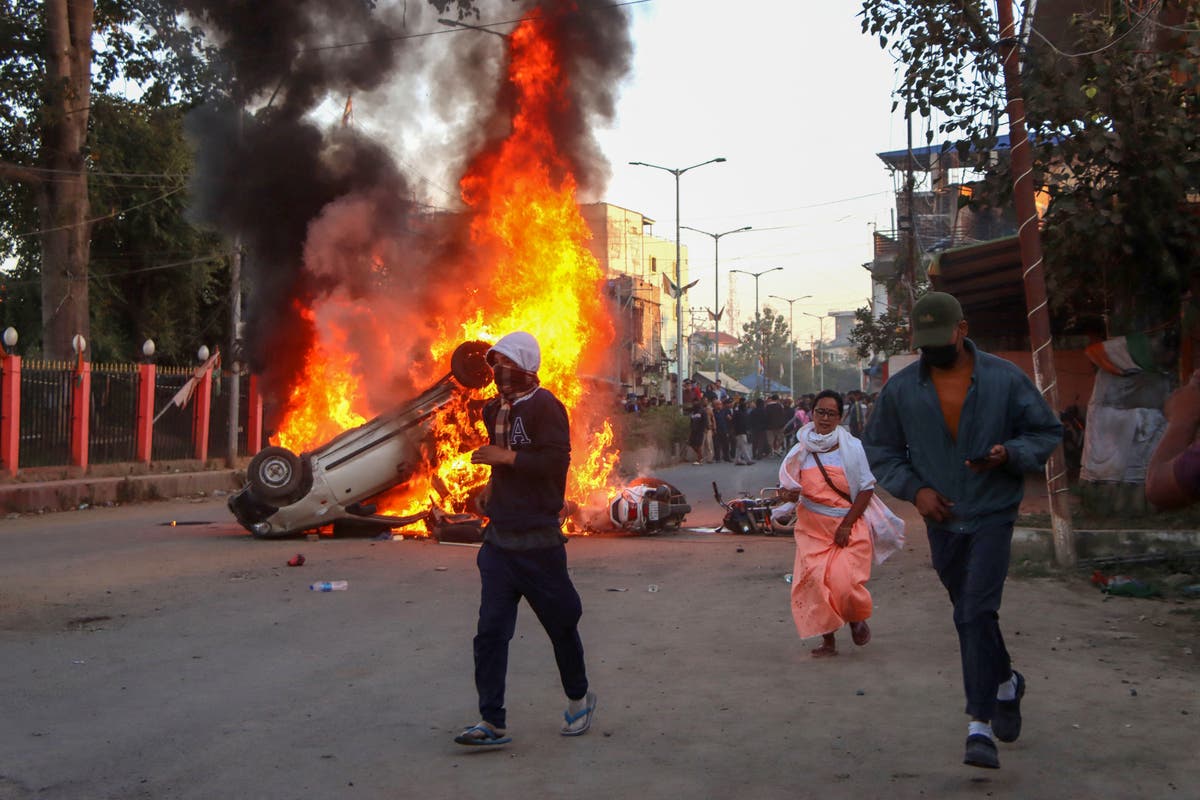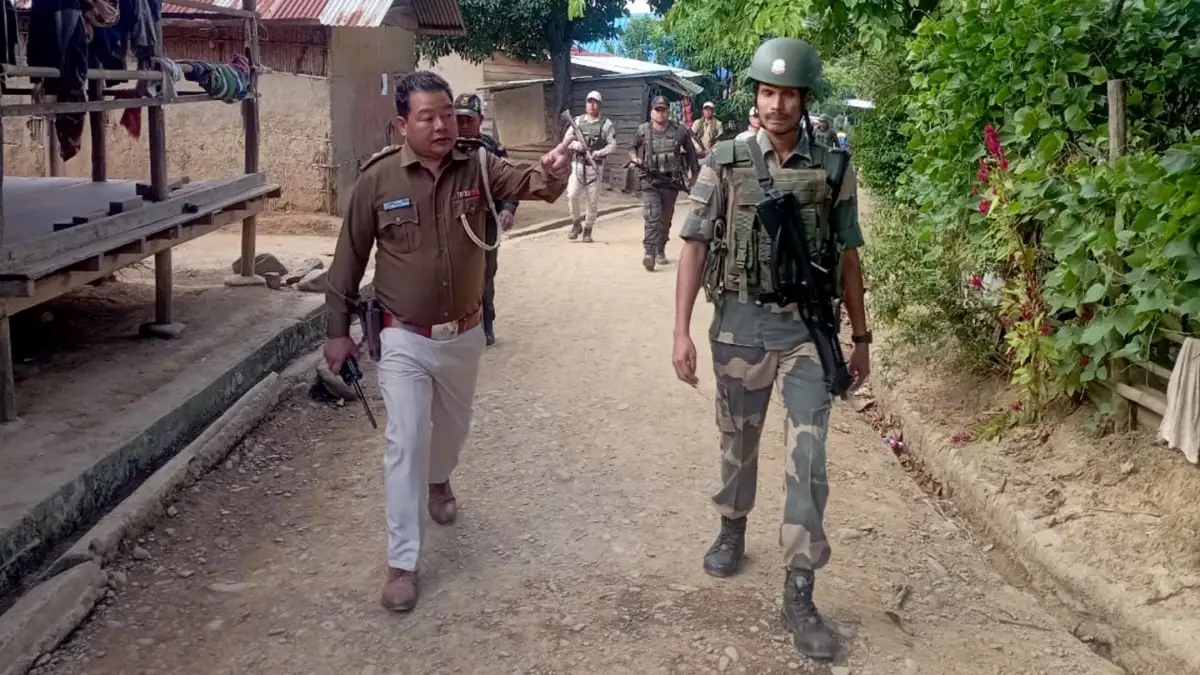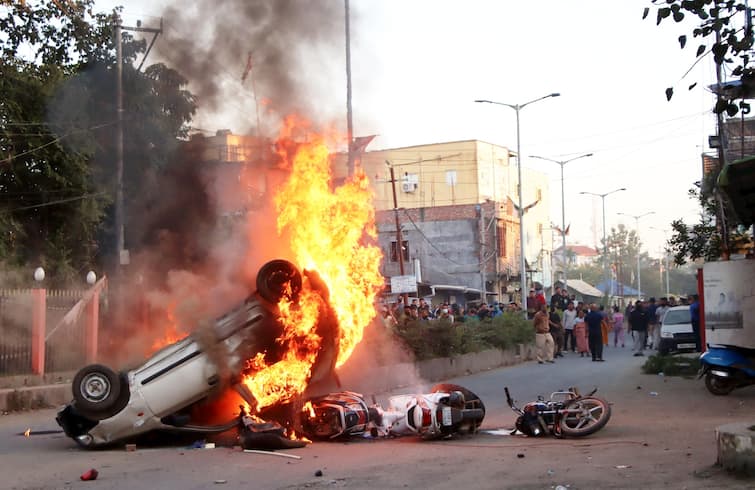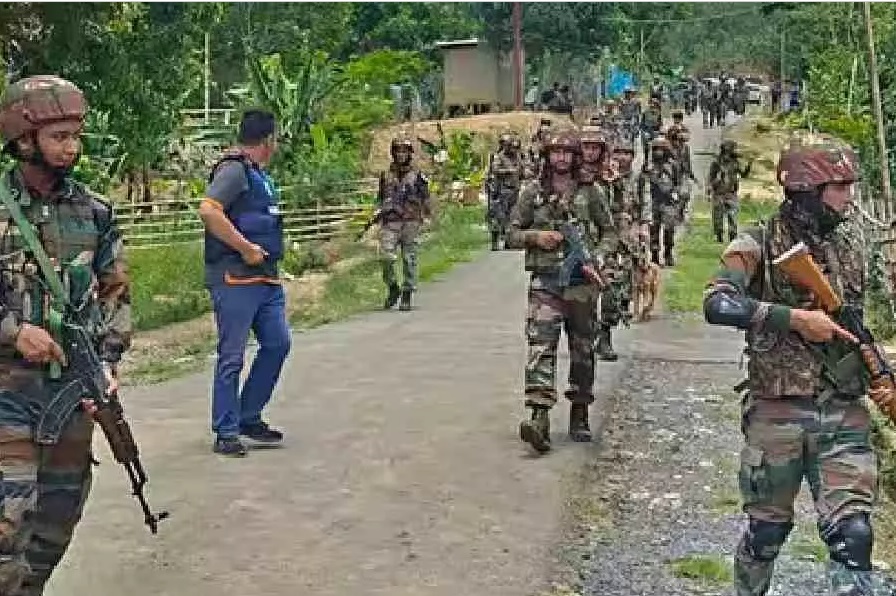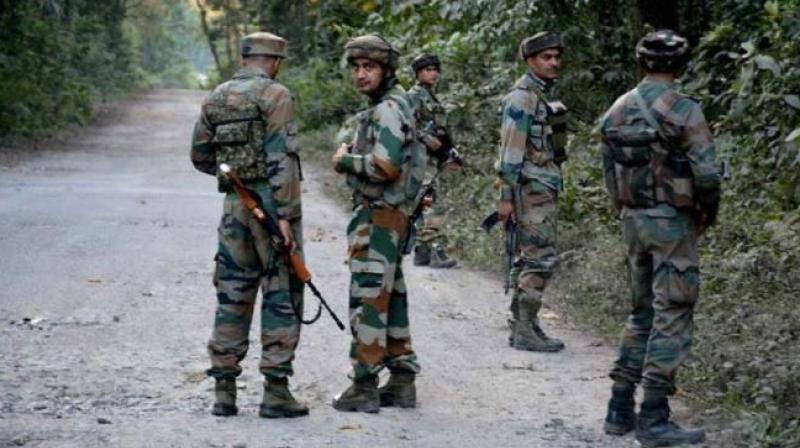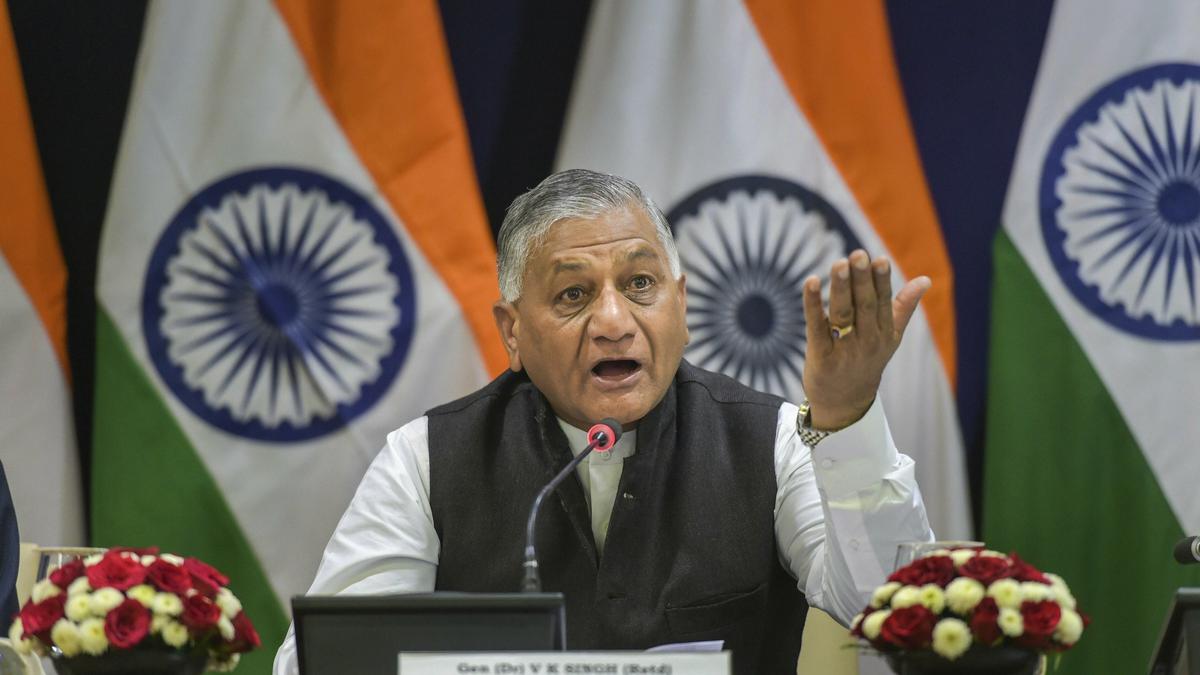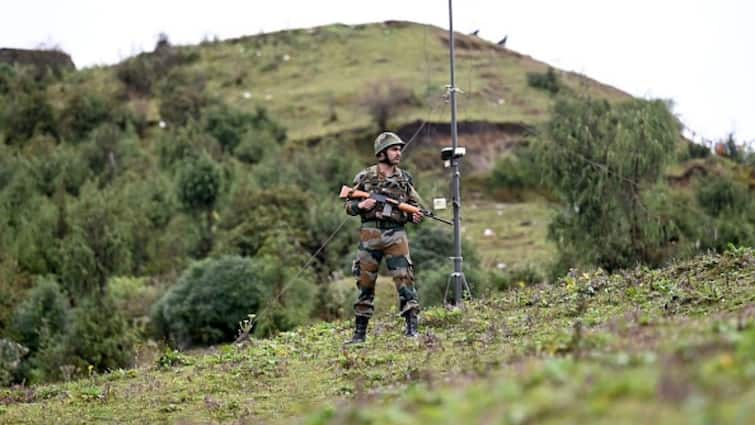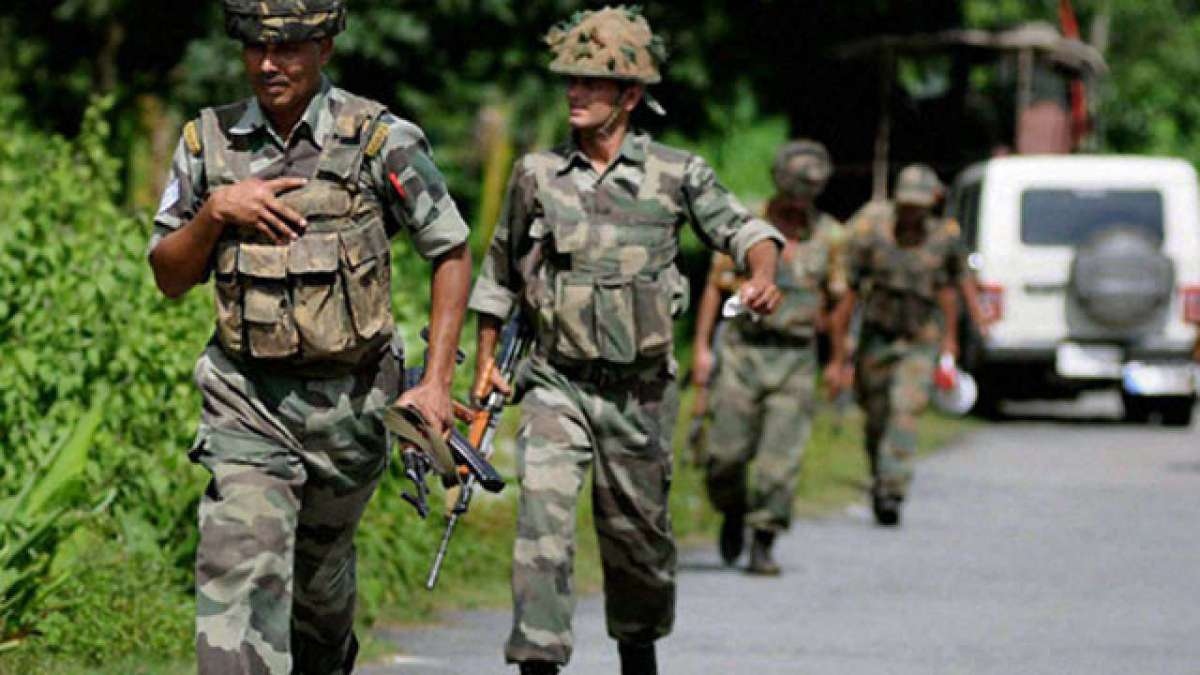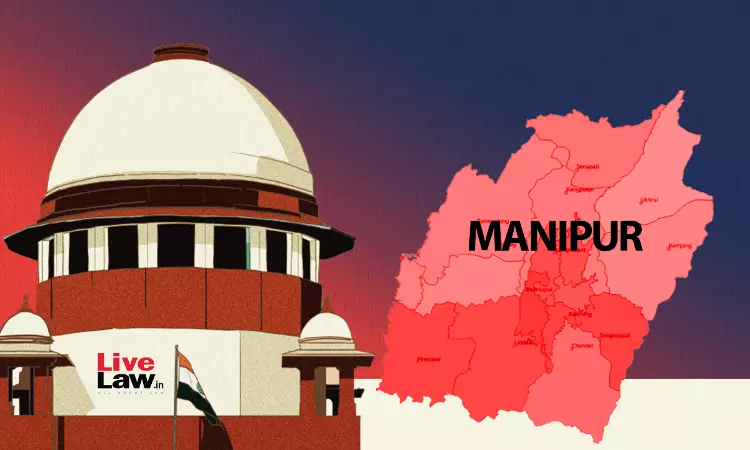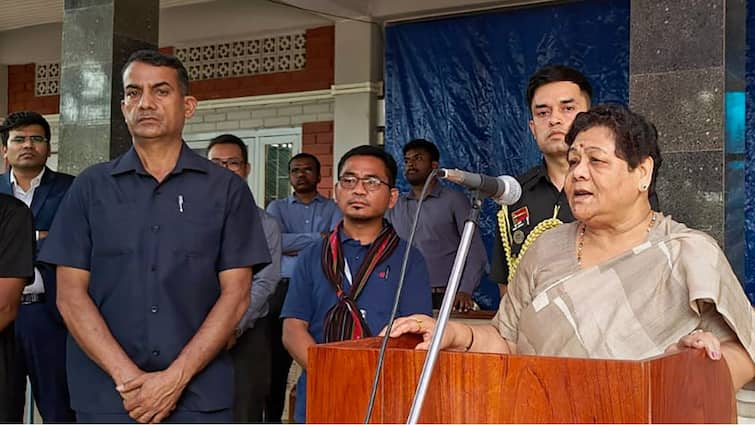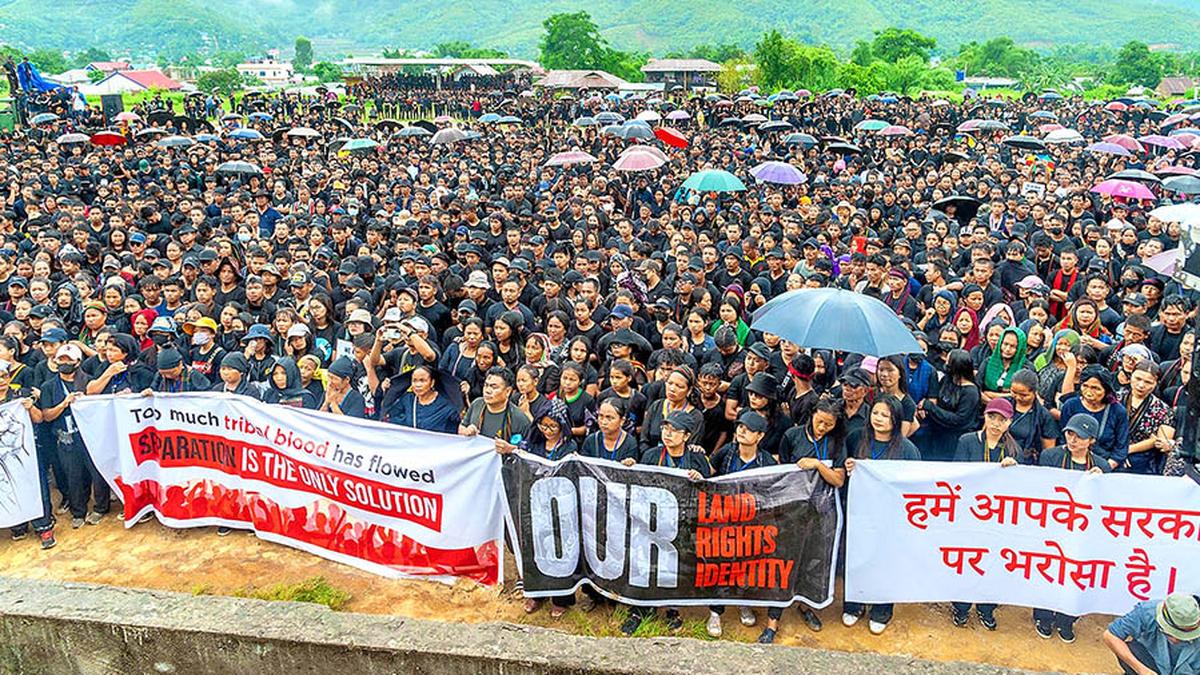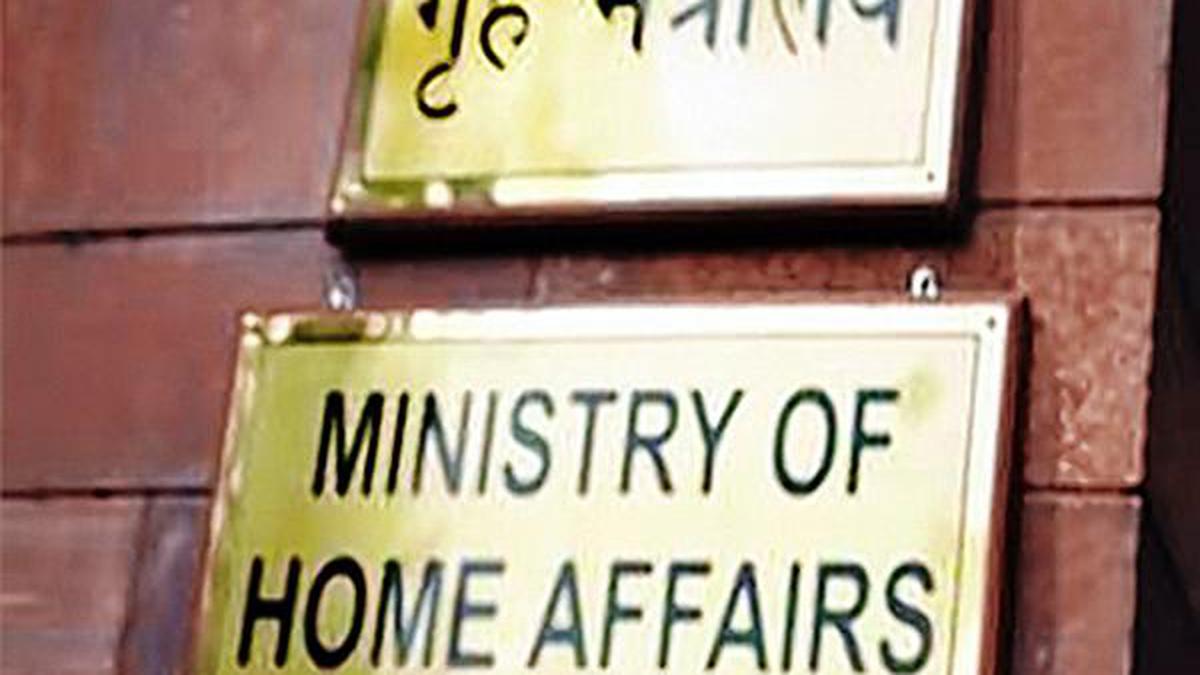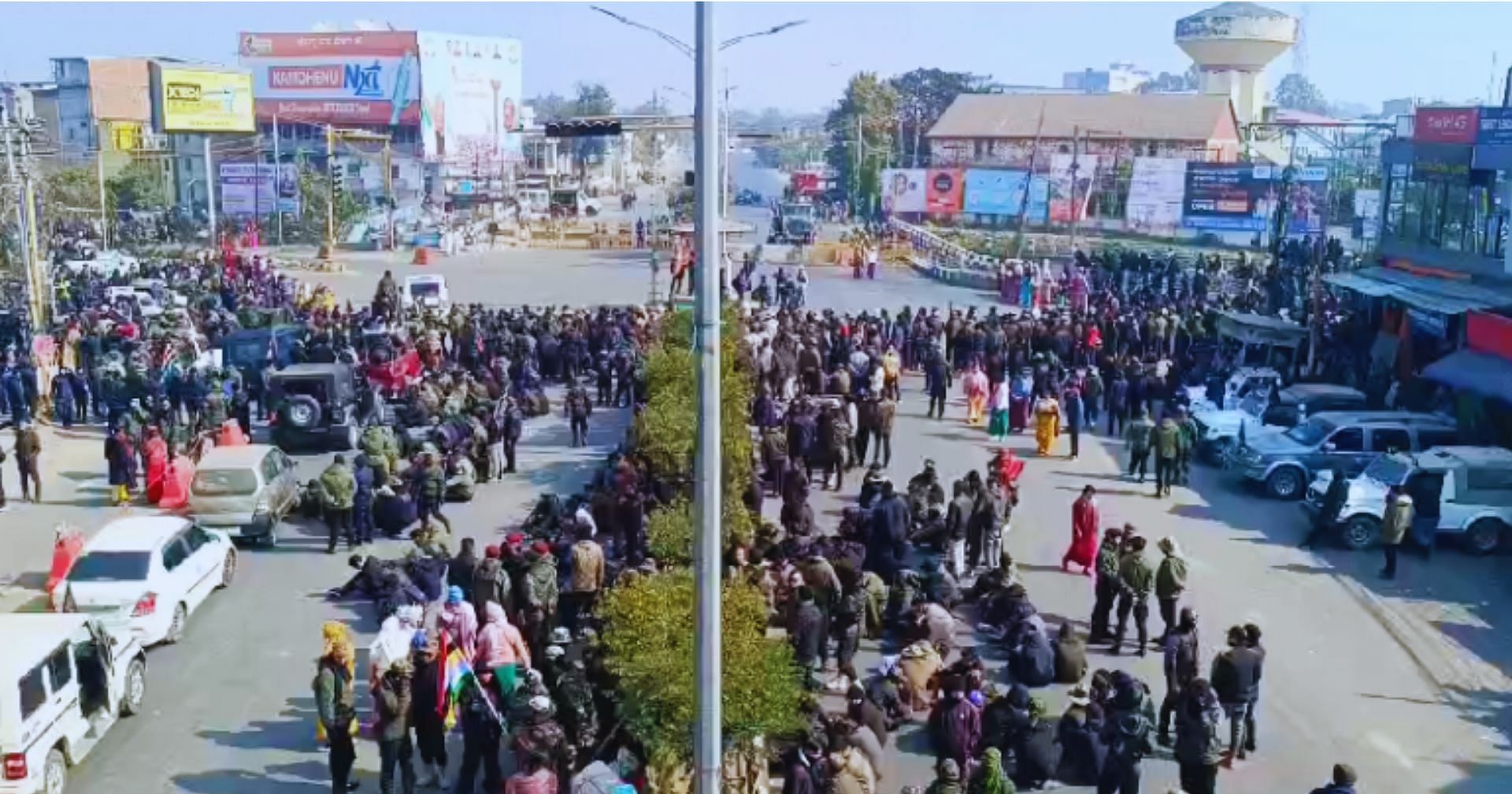2000: Irom Sharmila begins fast for repeal of AFSPA
The HinduPublished : Aug 15, 2022 06:00 IST On November 5, 2000, a frail young woman from Manipur quietly sat on a hunger strike at Malom, near the site where three days earlier 10 civilians were shot dead while waiting at a bus stand by Indian paramilitary forces. From a normal, life-loving, gentle young woman, Irom Sharmila became the “Iron Lady of Manipur”; she was also “Mengoubi”, or the “Fair One”. They could “fire upon or otherwise use force, even to the causing of death”, after giving due warning, against any “person who is acting in contravention of any law or order in the disturbed” area; to arrest without warrant any person who has “committed a cognizable offence or against whom a reasonable suspicion exists that he has committed or is about to commit a cognizable offence”; to enter and search without warrant etc. Four years after Sharmila began her fast, another powerful and one of the most disturbing images of protest seen by Indians jolted the nation: a group of middle-aged women stood naked in front of the gates of Kangla Fort in Imphal, holding up banners saying “Indian Army, rape us” and “Rape us the way you did Manorama”. At the time of Sharmila’s hunger strike, AFSPA gave armed forces operating in “disturbed” areas legal immunity.
History of this topic

Thousands take out protest march in Manipur's Imphal, demand removal of AFSPA
India Today
Manipur violence : Protestors condemn killings, demand AFSPA repeal
New Indian Express
Manipur extends AFSPA for another six months
Hindustan Times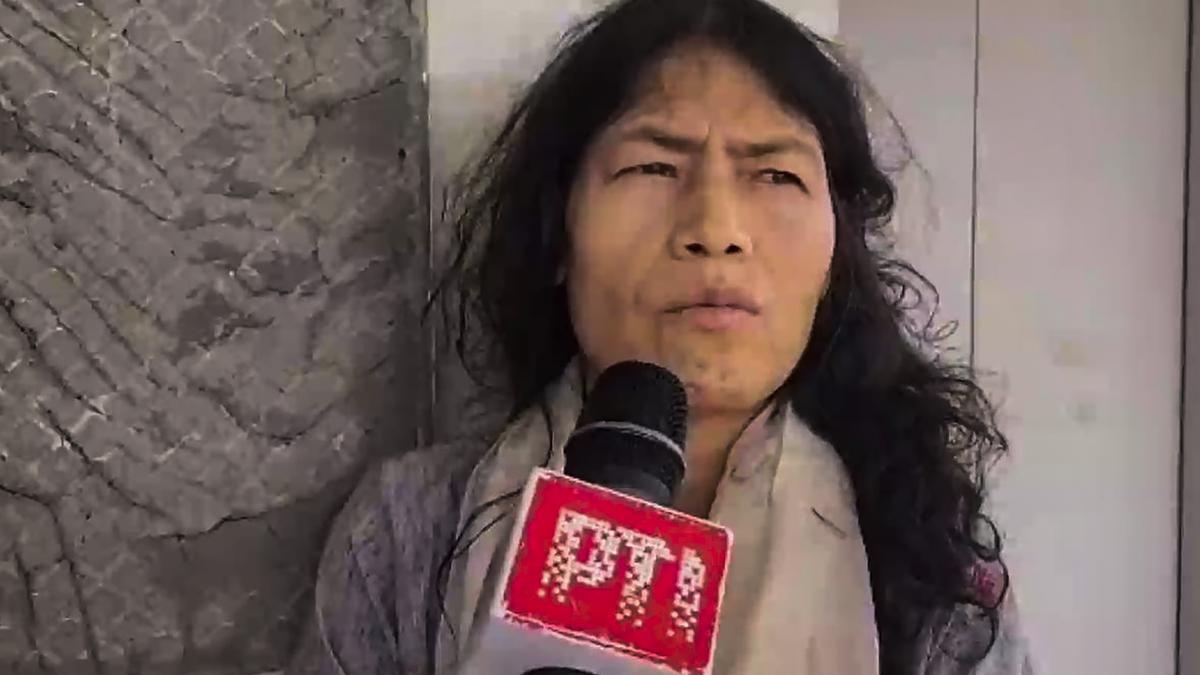
Manipur sexual assault inhuman; PM Modi must intervene to bring peace: Irom Sharmila
The Hindu
Manipur horror: Strip-parade inhuman; PM must intervene to bring peace', says activist Irom Sharmila
India TV News
AFSPA Restricted: In Tears, Iron Lady Irom Sharmila Tells News18 She is 'Happy, Hopeful'
News 18Discover Related
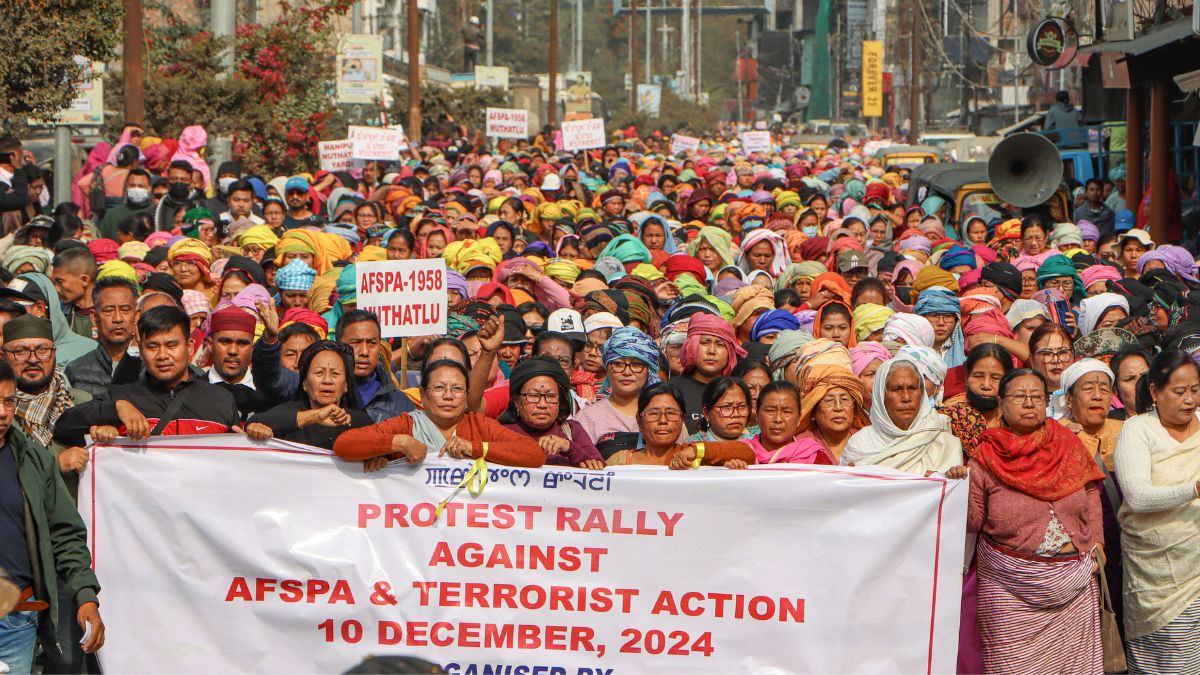



Manipur: Meitei organisations protest re-imposition of AFSPA as government relaxes curfew in four districts
New Indian Express
